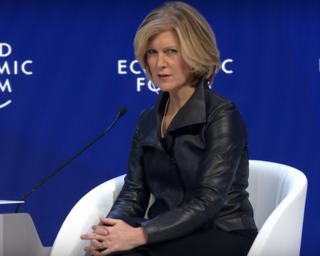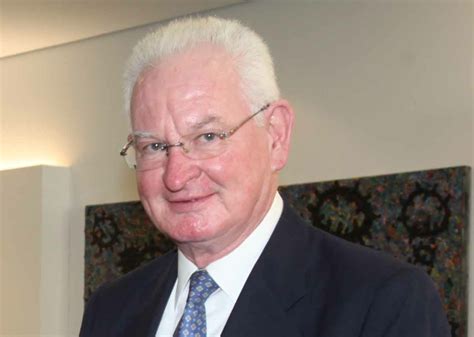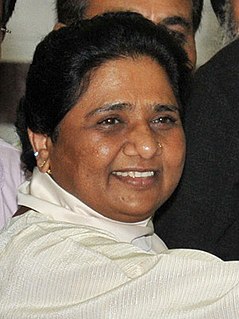A Quote by Tariq Ramadan
Being Muslim has become synonymous with pointed questions, with tension and mistrust, even with conflict. It has become a global phenomenon with profound consequences for inter-communal relations, political rhetoric and policies at the local, regional, national and international level.
Related Quotes
What is quite worrisome is the absence of analysis and reflection. Take the word "terrorism." It has become synonymous now with anti-Americanism, which, in turn, has become synonymous with being critical of the United States, which, in turn, has become synonymous with being unpatriotic. That's an unacceptable series of equations.
It remains the task of governments to implement the fundamental human rights standards which should influence all aspects of globalisation, including even trade talks, and to be answerable for this in a democratic way. The structure is international, but the accountability is national and I would like to see that accountability being more penetrating at regional and local level, especially in federal systems.
If the resources of different nations are treated as exclusive properties of these nations as wholes, if international economic relations, instead of being relations between individuals, become increasingly relations between whole nations organized as trading bodies, they inevitably become the source of friction and envy between whole nations.
Our world is integrated to an unprecedented degree, while the global political awakening is injecting into interstate relations an intense amount of tension, emotion, even irrationality, which could cumulatively produce circumstances that preclude an effective and genuinely shared universal response to new global problems.
With calm, knowledgeable precision, Daniel Ziblatt wades into the adjacent swamps of federalism and nineteenth-century European history, emerging with hands full of gems. Beneath the tangle of great statesmen and national culture he discovers conflicting regional political interests, sharp regional variations in political capacity, fearful defenses against excessive democracy, coercive conquest of weak states, and unintended consequences galore. Read, think, and learn.






































